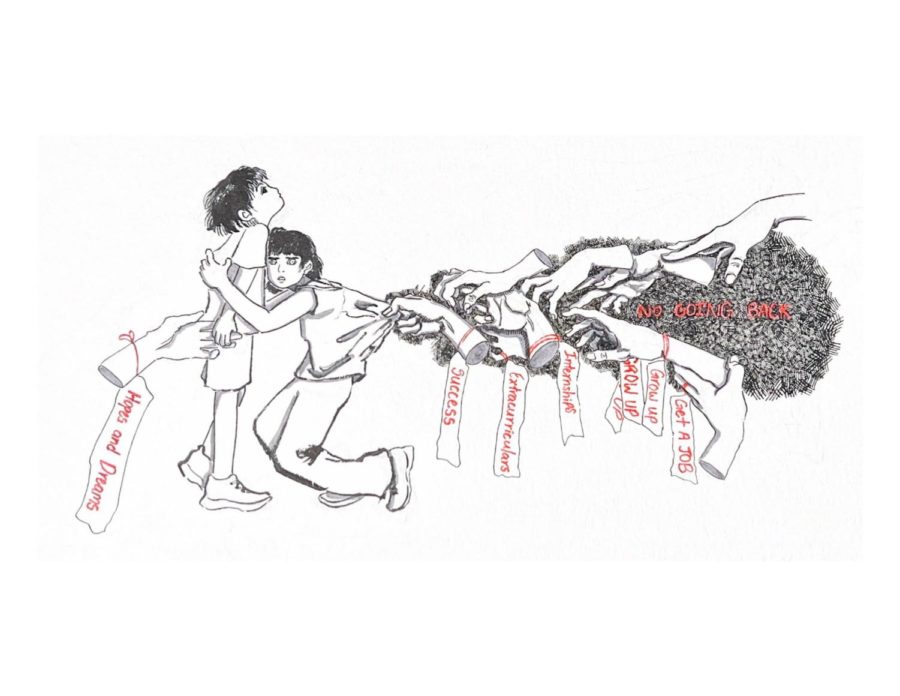During the fall of my senior year of high school some of my classmates made their Facebook accounts unsearchable, or changed their Facebook names to obscure their profiles in case anybody involved in the admissions process wanted to find them online. This inclination to minimize one’s public online presence seems quaint now. Although we’re still strongly encouraged to be prudent about what we make available online, companies have been encouraging people to make their real identities more visible online. For example, YouTube has begun requiring that its commenters link their accounts with their Google+ accounts, which typically use real names. The change in policy is expected to improve the quality of YouTube comments, which have gained a reputation for being incoherent or downright offensive. However, while less anonymity would encourage people to be more thoughtful about what they say and do on the Internet, I still have some reservations about this trend because people may be careless with the information they find about others online.
At first, it may seem like a good thing that it’s become easier to identify people who do or say unsavory things. However, what if somebody found the wrong person? For common names, it’s not that easy to tell whether online search results for that name are all associated with the same individual. Consequently, not only would an individual have to be concerned about the consequences of one’s own behavior, but also that of everybody whom one can be confused with. I don’t have a lot of confidence in everybody’s working very hard to be sure who’s who. University of Chicago is frequently mixed up with University of Illinois at Chicago, and University of Pennsylvania is frequently mixed up with Pennsylvania State University. All four of these institutions are large, well-known organizations. If people can’t keep them straight, how thoroughly are they going to double-check what they find on relatively unknown individuals?
I’ve noticed in recent years that news outlets covering individuals who have suddenly become notorious will often cite information they’ve dug up online. When news about Edward Snowden broke earlier this year, reports could be found describing Snowden’s postings about his personal life on Ars Technica, a technology news website, and the website for Ryuhana Press, a startup anime company. In these instances, though, the postings were associated with usernames, not his actual name. Although real names create an aura of credibility, in some respects it might actually be more reliable to trace information back to the same person via usernames because usernames are intended to be unique.
Nowadays, with the amount of personal information that people put online that is attached to real names, people may be more confident that they have the correct information. However, there have been instances of ridiculous social media mix-ups reported by numerous outlets. In 2011 a man named Casey Anthony was harassed on Facebook due to the notoriety of a woman named Casey Anthony who had recently been acquitted of the murder of her daughter. Right now, director Spike Lee is facing a lawsuit from people who were harassed because he tweeted their address, thinking it belonged to George Zimmerman.
In the early 1990s, The New Yorker published a now-famous cartoon depicting two dogs by a computer with the caption, “On the Internet, nobody knows you’re a dog.” With e-mail scams, so-called “catfishing” (a term popularized by the 2010 documentary Catfish about fake profiles on dating websites), and photoshopped images floating around the Internet, it certainly seems to be the case that online anonymity allows people to get away with deceitful and unethical behavior that would not be so easy to pull off otherwise. These days, we’re often encouraged to use our real names and “curate” our online presence. For example, many of us identify ourselves by our full names on Facebook and Twitter, among other social media websites. We also acknowledge that prospective employers, new acquaintances, and other people who wish to learn more about us will probably turn to Google with the expectation that they can find relevant information. However, we may not be given the opportunity to clear up any online mix-ups. So if people aren’t more diligent about assessing the provenance of the information that they find during an online search, it may be the case that, even on the Internet, it can be hard to convince people you’re not a dog. Consequently, if we wish to use the Internet as a tool to hold others accountable for what they do or say, we must hold ourselves accountable for how we choose to respond to the information we find.
Jane Huang is a fourth-year in the College majoring in chemistry.








